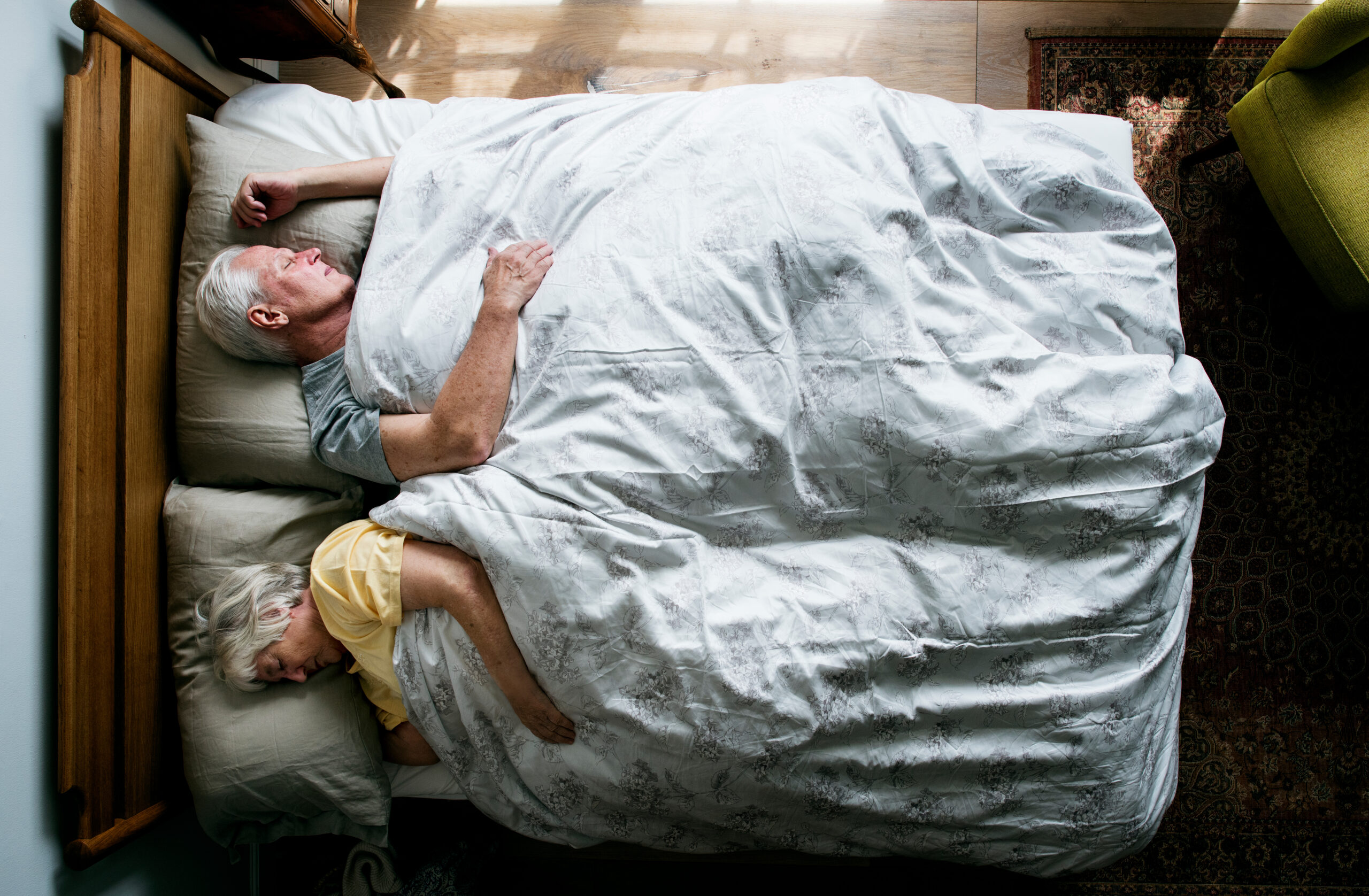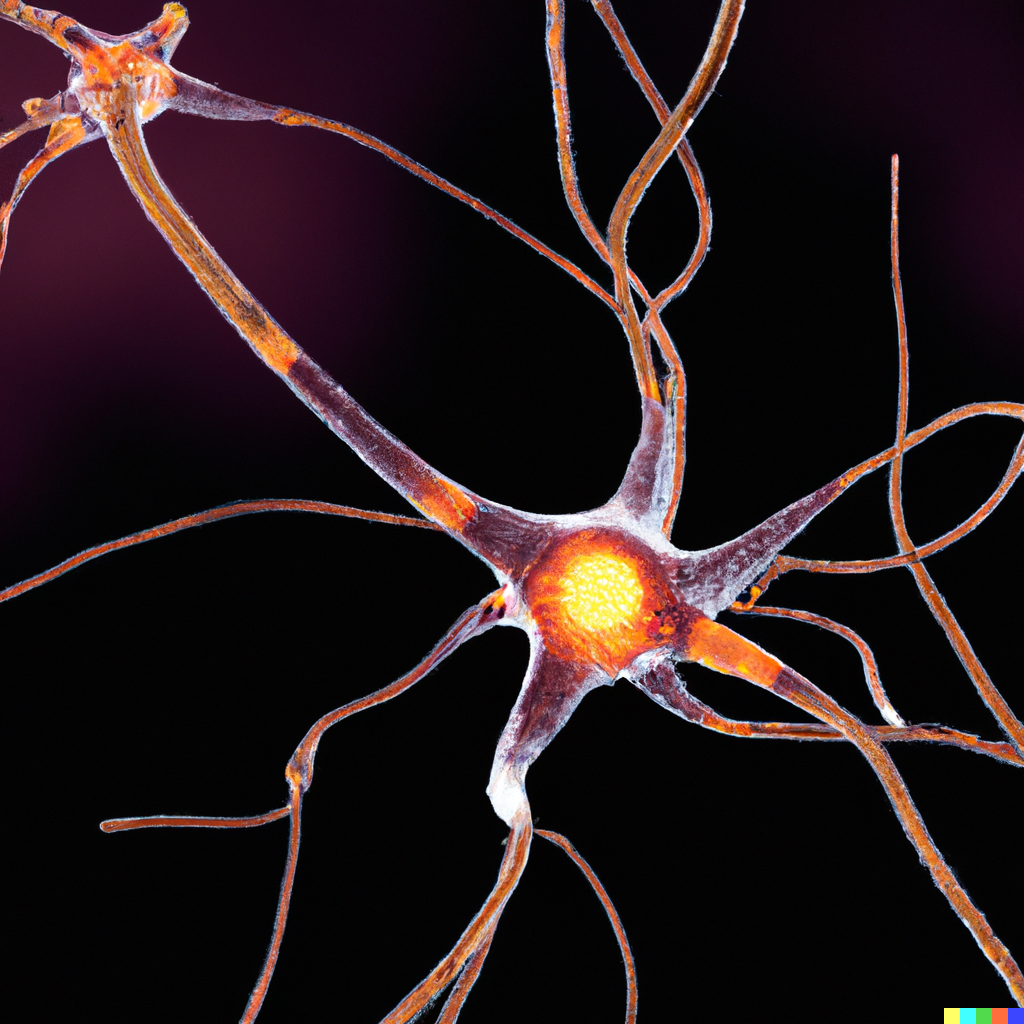Dementia, Sleep Loss and Insomnia

People with dementia often experience sleep problems, which can be caused by a variety of factors including changes in their circadian rhythm, anxiety, depression, and physical discomfort. Additionally, some medications used to treat dementia can also cause insomnia or interfere with sleep patterns.
Sleep is important for brain health and can be especially crucial for people with dementia. Some medications commonly used to treat dementia symptoms, such as cholinesterase inhibitors and memantine, can cause insomnia or disrupt sleep patterns. Other medications that are not specifically for dementia, such as antipsychotics, can also have sleep-related side effects.
If a person with dementia is experiencing sleep loss or insomnia as a side effect of their medication, it may be possible to adjust their dose or switch to a different medication. However, this decision should be made in consultation with a healthcare provider, as each person’s situation is unique and changing medications can have its own set of risks and benefits.
In some cases, non-pharmacological methods, such as a relaxing bedtime routine, reducing stimulation before bedtime, and creating a calming sleep environment, can help improve sleep in people with dementia. Additionally, a healthcare provider may recommend using a sleep aid specifically designed for people with dementia, such as melatonin, in combination with other interventions.
It is important to address sleep problems in people with dementia, as sleep is crucial for brain health. If a person with dementia is experiencing insomnia as a side effect of their medication, a healthcare provider may be able to help find a solution, whether it’s adjusting their medication or using non-pharmacological methods.

How to Improve Sleep with Dementia
To help someone with dementia get more sleep, consider the following steps:
- Establish a consistent sleep routine: Having a set bedtime and wake-up time can help regulate the person’s sleep-wake cycle and improve their ability to fall asleep and stay asleep.
- Create a calming environment: A comfortable, quiet, and dark room can promote relaxation and help the person with dementia fall asleep.
- Reduce stimulation before bedtime: Avoid activities that are likely to increase the person’s level of arousal and stimulation, such as watching TV or using a computer, before bedtime.
- Encourage physical activity during the day: Exercise and physical activity during the day can help improve sleep patterns and promote more restful sleep.
- Address any physical discomfort: Ensure that the person with dementia is comfortable and does not have any physical issues that may be disrupting their sleep, such as pain or an uncomfortable bed.
- Limit caffeine and alcohol: Both caffeine and alcohol can interfere with sleep, so it’s best to avoid these substances in the evening.
- Consider medication: If the person with dementia is experiencing insomnia, a doctor may prescribe a sleep aid. However, it’s important to keep in mind that sleep medications can have side effects and should be used with caution





